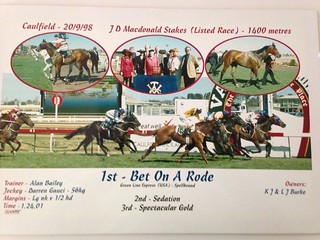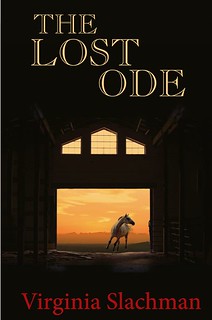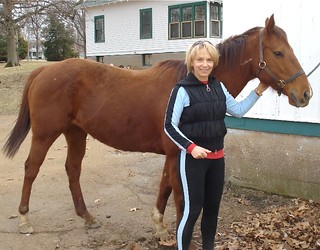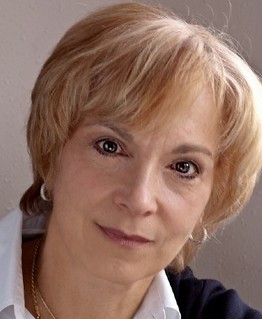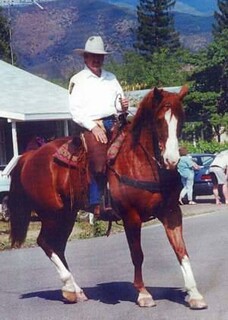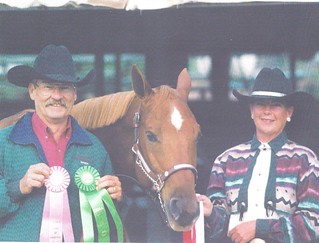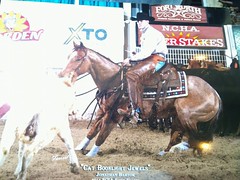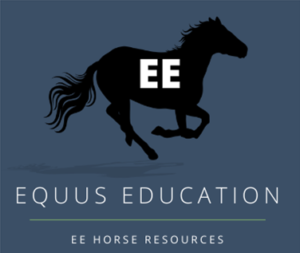
How much of your day/week is related to horses?
When I first started out as an equine sports therapist, I would say that 90% off my day revolved around horses!! I worked with horses every day, I furthered my education on equine therapy related topics, and all the research I did was centred around horses and equine therapy!!
Now I teach horse massage, I’d say 50% of my week was spent with horses and 50% was spent in administration, marking, research etc!! But it’s also horse centred so it makes what would be a more boring topic more fun!!
What is it exactly that you do?
I’m an internationally qualified Equine Sports Therapist who teaches horse massage Australia wide.
In this field of work, is it possible to be a full time professional and earning a liveable income?
Most certainly. I work full time and have four other ladies who work with me, so it’s definitely doable.
Even when I was a sole trader just massaging I was turning over 6 figures. So if you structure the business right it’s more than manageable!!

What are the general steps taken to be employed in such a role?
There aren’t really many employment opportunities as such in this field. If you want to be a sports therapist you really need to be prepared to become a sole trader and set up your own business.
Therefore you need to seek appropriate qualifications in therapy, and then something in business management never goes astray either!!
Favourite horse memory?
When my beautiful mare whom I’ve had since a baby and trained up, won her first rug!
Future goals?
We would love to set up a permanent Equine Education & Rehabilitation Centre to host therapists from over east and overseas as well as teach courses and treat horses!!
Best thing about your sport/profession?
You get to go to work every day doing something you love, surrounded by people who all have the same passion as you do 🙂
“The history of mankind is carried on the back of the horse.” – Author unknown
